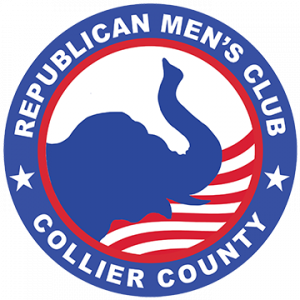Byron Donalds Press release
Donalds and Velázquez Introduce Bill to Protect Small Construction Firms
WASHINGTON—Today, Rep. Byron Donalds (R-FL) Member of the House Small Business Committee and House Small Business Committee Chairwoman Nydia M. Velázquez (D-NY) introduced legislation to preserve payment protections for small construction firms working as subcontractors on federal projects. The legislation would exclude the threshold for construction contracts that must be bonded under the Miller Act from periodic inflation adjustments, ensuring that more projects are covered under federal bonding requirements.
“Small businesses are the lifeblood of our economy, and as a member of the House Committee on Small Business, it is imperative members come together to ensure small businesses have the protection they deserve,” said Rep. Byron Donalds. “I am proud to work with Chairwoman Velázquez on this common-sense, bipartisan solution to a problem impacting many small subcontractors who do business with the federal government.”
“The U.S. government is the largest purchaser of goods and services on the planet, and it’s vital to the economy that small firms are included in these contracting opportunities,” said Chairwoman Velázquez. “Under current law, the Miller Act threshold increases every five years, reducing protections for small subcontractors and potentially leaving them in a precarious position if the prime contractor fails to pay them. This bill will allow small subcontractors to participate in federal projects without taking on unsustainable risk.”
Due to their size, many small firms often find that the most practicable avenue for them to participate in the federal procurement arena is by leveraging subcontracting opportunities. These subcontractors are guaranteed payment through the issuance of surety bonds by their prime contractors. If a prime contractor defaults, the surety bond ensures the subcontractor is compensated for their work on the project.
Surety bonds under the Miller Act take two forms: payment and performance bonds. Thus, in addition to subcontractors, surety bonds protect taxpayers. When the dollar threshold for issuing surety bonds is raised to account for inflation, taxpayers also lose protections against nonperformance. Velázquez’s bill would exempt surety bond requirements from inflation adjustments, allowing more small businesses and taxpayers to have protection through bonds.
Click here, for a full version of the bill.



